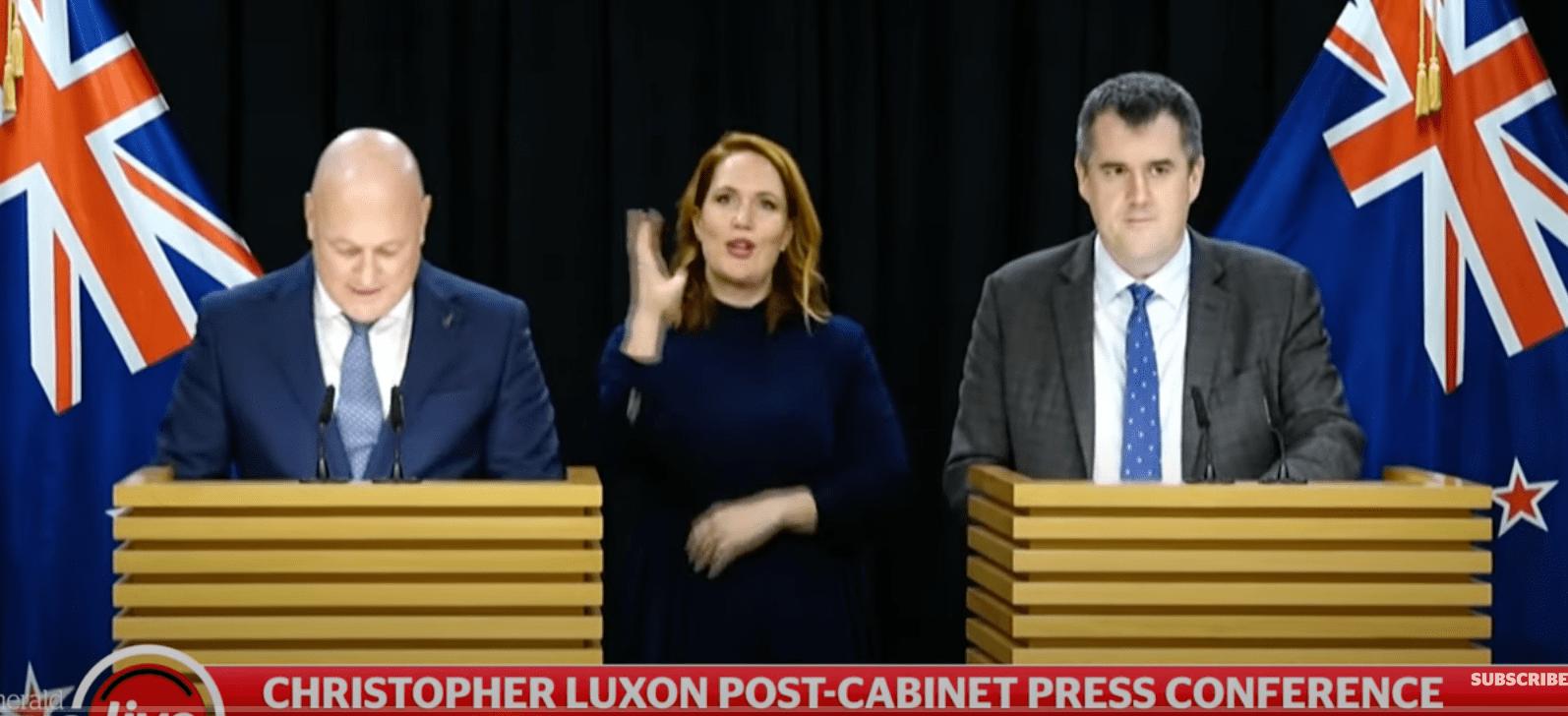Buried deep in Cabinet papers released with Sir Bill English’s radical review of Kainga Ora is a two-line table that stood out like the proverbial canine’s family jewels.
The table, from the minutes of the Cabinet 100-day Plan Committee’s meeting on December 13, shows approval for a ※fiscally neutral adjustment§ to pay for the three-month English review of KO and public housing.
One of the two lines said the cost of the inquiry would be up to $500,000.
The other showed exactly what would be cut in the Ministry of Housing and Urban Development budget to pay for it.
That second line simply said the half million-dollar allocation would be taken out of HUD’s budget line for &provision of transitional housing places’.
Transitional. Housing.
The urgent housing for people with nowhere to go, the budget for some of the motels that governments have had to use for years, the funding line to community providers to take in those on the edge.
The HUD website defines transitional housing as providing ※temporary accommodation for individuals and whanau who don’t have anywhere to live and urgently need a place to stay. It also offers tailored support to help these individuals and whanau into longer-term housing§.
At face value, it seemed unlikely that a fee of up to half a million dollars to pay consultants would come from that line, from funding those needs.

The sum, in itself, is not of great moment. High-powered reviews cost plenty. They can deliver savings and benefits vastly higher than the small change in Government budgets that they might represent.
And, as it turns out, English’s three-person team has come in at close to half the amount provided for, at $274,000 and counting.
English, businessman Simon Allen and urban development expert Ceinwen McNeil did their work for $2500 (English) and $2156 a day and seemed to have been a model of fiscal efficiency.?
The only breakdown of their charges included with the Cabinet papers is a table showing English had billed for 26 days’ work, or nearly $65,000, McNeil 23 days and Allen, 21.
But politically, for a National-led Government which, as late as Tuesday afternoon in the House used the number and cost of motels used to house those in need to bash Labour as inept and uncaring, dipping into the transitional money pot seemed pointed.
It could have been deliberate, a Cabinet exasperated by a Labour-bequeathed spend of $1m a day on motels, deploying a half-day’s expenditure from that fund to upend the housing chess board.
In the world of Yes Minister, it might have been a suggestion from the ministry itself, realising how politically sensitive and thus unpalatable it could be to cut money from the transitional fund.
The committee’s minutes indicate the money was deemed a &non-departmental output’ and likely would have been headed for Community Housing Providers, ironically the independent organisations favoured by National among alternatives to Kainga Ora state housing.
But that was actually the &fiscally-neutral adjustment’ agreed to by the committee, according to those meeting minutes.
The 100-day plan committee that day was chaired by Prime Minister Christopher Luxon, and attended by Cabinet heavyweights from his deputy, Winston Peters, Finance Minister Nicola Willis and Housing Minister Chris Bishop to Shane Jones and Nicole McKee.
A spokesperson for Bishop told Newsroom: ※The review cost of approximately $274,000 amounts to about 0.07 percent of the total transitional housing appropriation, which is $410 million.
※The savings were identified by HUD as part of forecasting the total spend for transitional housing in the current financial year.§
But Labour’s former housing minister Megan Woods was taken aback when advised of the table in the Cabinet committee minute.
※Monstrous,§ she exclaimed, saying Labour would ※never have used that funding for such a reason§.
※It just shows you, so clearly what this Government’s priorities are # especially spending it on a smokescreen report like the one they’ve released.§
Woods, who was minister until November, said it was highly unlikely that the transitional housing budget line was not fully needed or had been underspent somehow after the change of government.

The structure of the English review, whose report is not substantial at just 37 pages when shorn of its glossary and appendices, was not the preferred approach of the Treasury.
A Treasury paper released with the report on Monday shows the agency preferred a high-powered committee of government officials on a ※rolling§ series of inquiries into Kainga Ora and housing.
It advocated ※a very senior former public service official§ supported by a cross-agency working group and ※any expert consultants required§.
The review found the country’s social housing system was ※not socially or financially sustainable and it is not delivering the homes and support people need§. It said Kainga Ora had borrowed substantial sums rapidly with little evidence the added investment was improving service provision. It said the system was opaque, had little attention to value for money and was not financially viable.
The English review went much wider than examining the financial challenges and performance of KO. It recommended radical changes to the way public or &social’ housing is purchased, and transferring large numbers of existing homes to four new Crown companies that it is calling Community Housing Associations to also build and manage homes.
Cabinet will hear analysis and recommendations on those ideas by August from Bishop, and could then implement changes, if adopted, over the next two years.
A detailed report, &Government looks for a TKO of Kainga Ora’ will appear Friday on Newsroom Pro.


